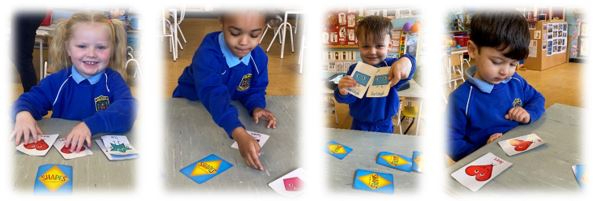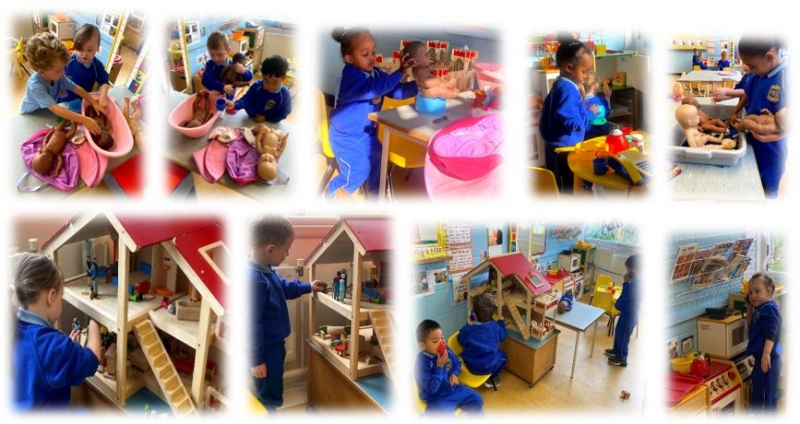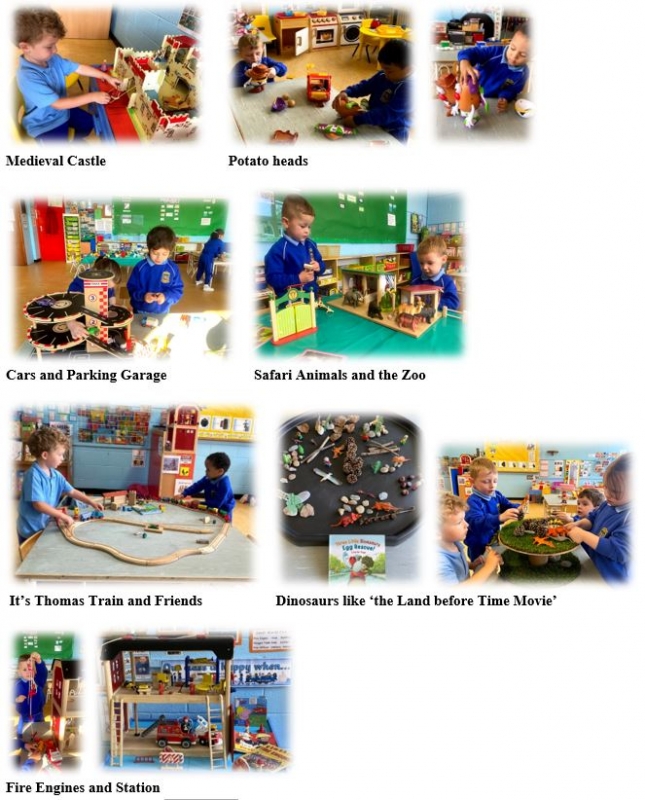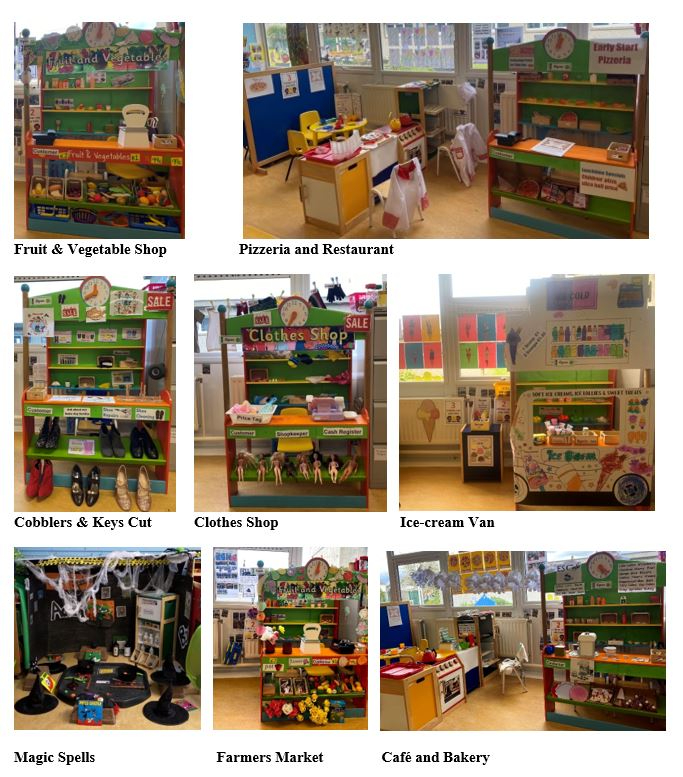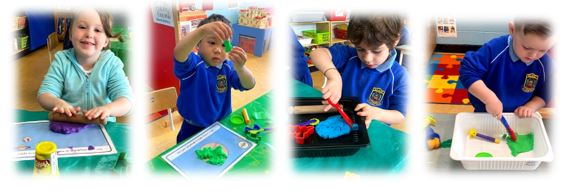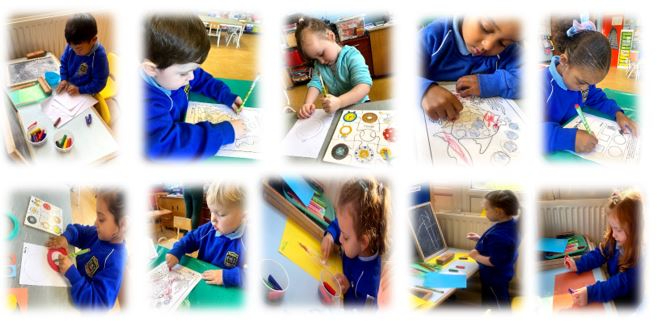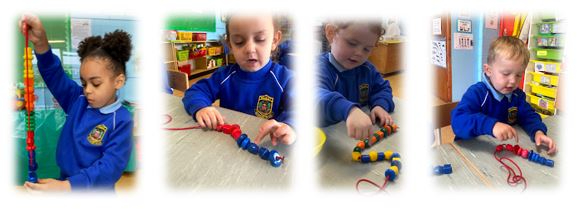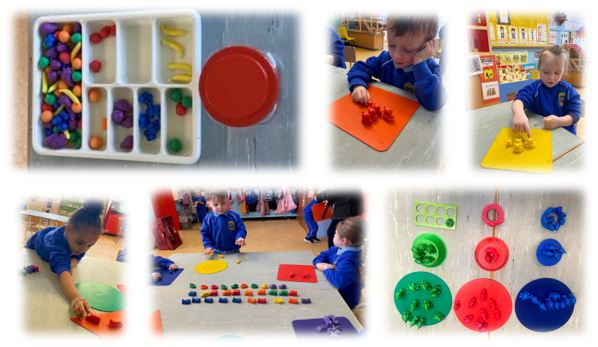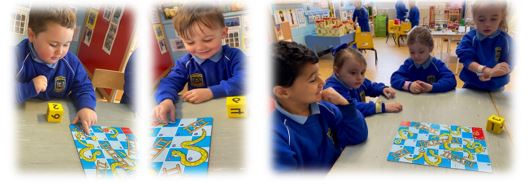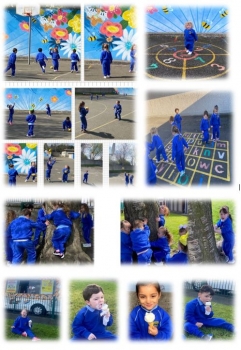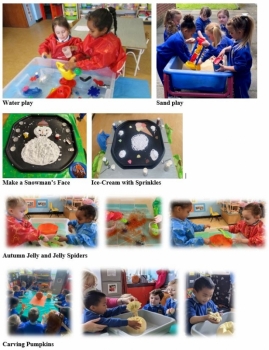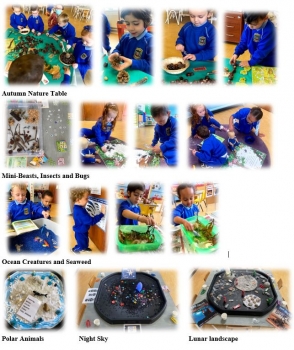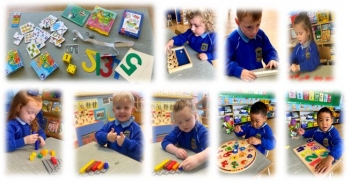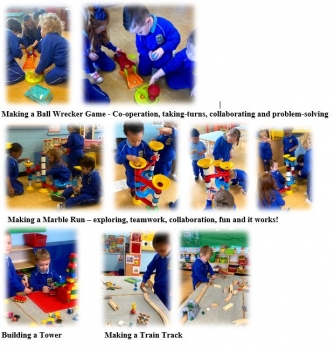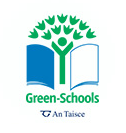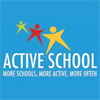Early Start
This is a child page of Early Start Pre-School Details
Early Start – the best start for your child
The Pre-School operates its unique curriculum under the Aistear play based framework for children aged 0-6 years.
Children’s well-being and sense of identity and belonging are nurtured, as individuals and as pupils of the school community. The school tracksuit is worn daily and Early Start children take an active role in many school activities, e.g. wake-up shake-up dance sessions, Halloween fun day, concerts, Feile and parade, sports day, Teddy Bears picnic, etc.
Holistic learning and development flourishes in two large classrooms on the Junior Infant corridor. Children are encouraged to explore and think for themselves and emerging interests are extended. Free-play happens in dramatic role-play spaces, a dress-up area, home corner, construction area, cosy library space, using sensory play trays, small worlds, puppetry and art and craft materials.
Learning stations and individual/small group work provide opportunities to focus on children’s individual needs and to promote cognitive development in literacy and math skills.
Communicating and Oral Language development are core to the pre-school experience where good social/emotional skills are encouraged, along with positive learning dispositions.
Building resilience in children for transitioning to junior infants is intrinsic to Early Start.
We hope the following photos give you an understanding of what we do and most importantly how enjoyable learning is in Early Start.
The Early Start Team
Benefits of Home Corner play
- Supports Individual and co-operative play
- Strengthens fine motor skills
- Sequencing skills
- Exploring and imitating life skills
- Making sense of their world
Benefits of Small World Play
- Increasing Imagination and Creativity
- Language Development
- Problem-Solving Skills
- Learning Cause and Effect
- Developing Independent Play Skills
Benefits of Role play
- Develops communication and language skills
- Allows children to act out real life situations
- Develops social skills and collaboration
- Helps children understand different perspectives
- Develops children’s awareness of themselves and others
- Provides opportunities to explore, investigate and experiment
Benefits of Construction
- Improves fine motor skills
- Enhances spatial awareness
- Encourages thinking, reasoning and math skills
- Involves focus and patience
- Sparks imagination
- Helps develop problem-solving skills

Exploring and Thinking - Emerging Interests and Positive Learning Dispositions
- Positive attitude to new experiences
- Natural curiosities
- Concentrating: being absorbed and purposeful
- Persevering with challenge and difficulty
- Sharing knowledge with others
- Having self-control sharing and taking turns
The Benefits of Messy Play
- Personal, social and emotional well-being supports
- Communication, language and literacy mark-making opportunities
- Creative development - focus on process over product in 2/3 dimensions
- Knowledge and Understanding of the World – cause and effect
- Mathematical Skills - size and shape, patterns, counting, measuring and sorting
- Physical Development - hand-eye co-ordination, fine motor skills. body control, poise and balance
Benefits of Playdough
- Develop hand skills and shoulder and arm strength.
- Strengthen Pincer grip.
- Hand-eye co-ordination – visual-motor integration.
- Bi-lateral Co-ordination – using two hands to accomplish a task.
Outdoor Play
- It invites children to learn science
- It creates opportunities for social interaction and collaboration
- It promotes physical health
- It invites new contexts for learning
- It promotes better sleep
- It gives children a chance to take appropriate risks
Art and Crafts
- Help in developing fine motor skills.
- Can enhance children's dexterity and agility
- Boost Self Esteem
- Encourages Self Expression
- Helps in Socialising
- Promotes innovation and creativity
- Enhances decision-making skills
- Focus on process over product
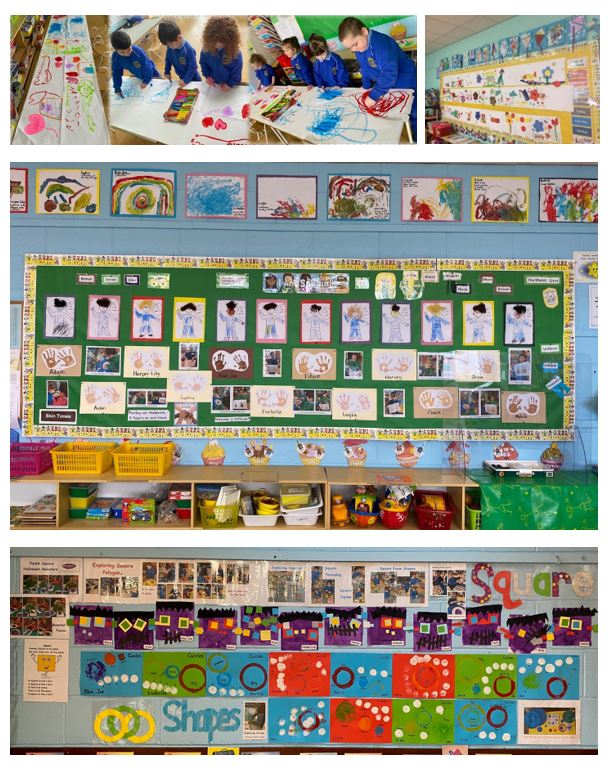
Pre-reading skills
- Examine Book Cover
- Adult informs: Title, Author and Illustrator
- Left to Right Orientation encouraged
- Picture Sequencing
- Exploring Story and Characters using art, sensory materials and puppetry
- Word Pointing often followed by spoken Story and familiar words
- Introduction to letter shapes
- Variety of Nursery Rhymes
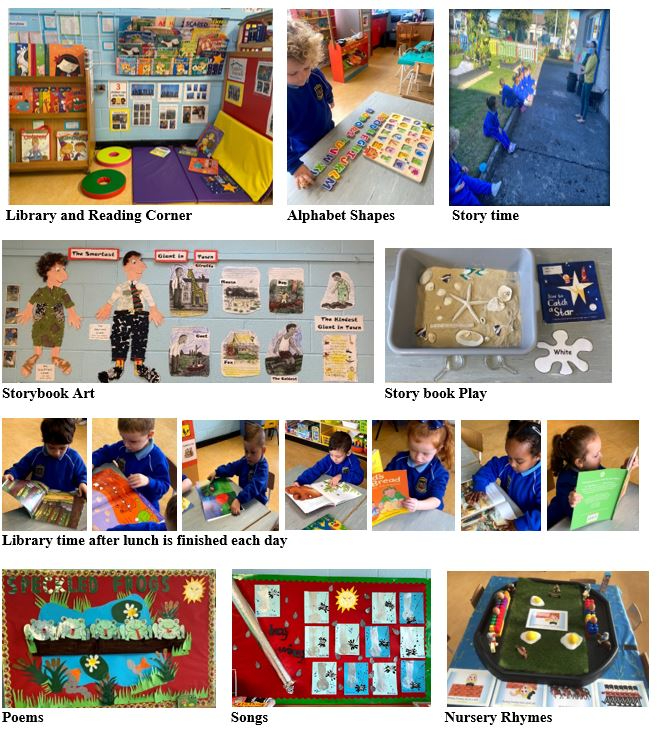
Benefits of Mark-making and Tracing
Tracing uses both sides of the brain. It develops dexterity and fine motor skills (a pre-cursor to writing). Tracing curved and straight lines, circles and shapes refines children's muscles and co-ordination, making it easier for them to transition to writing. Tracing develops visual-spacial awareness. Chalk, crayons, pencils and paint are fun ways of strengthening fingers and exploring symbols, mark-making and developing handwriting skill. Handwriting is complex and requires children to combine fine motor movements, language, memory and concentration. It requires good hand eye co-ordination, object manipulation and develops with practice. Mark-making encourages creativity and helps in the process.
Benefits of Scissors Work using proper grasp
It provides movement practice for the tripod fingers (thumb, forefinger and middle finger) together. Children use these fingers to control a pencil. The correct pencil grasp attributes to good handwriting. Scissors work strengthens children’s hand muscles and it encourages children to use bilateral co-ordination (using both sides of the body at the same time while each hand is doing its own task). Scissors work enhances eye-hand co-ordination and helps children become more independent and creative in activities.
Importance of Learning about Shapes
Practice with shapes helps children solidify their understanding of the two-dimensional structures. They learn to compare different shapes and group similar shapes together. Circles and lines intersecting at different angles are common shapes in letters. Distinguishing between shapes helps children notice the differences in shapes of letters. This helps with reading and writing. Like letters, numbers come from the combination of different lines and shapes. A strong understanding of shapes helps in recognizing numbers. Number recognition is an early math skill needed before moving to addition. Shape recognition can also help when putting together puzzles. Shape activities can help develop problem-solving skills: shape sorting toys and shape building blocks.
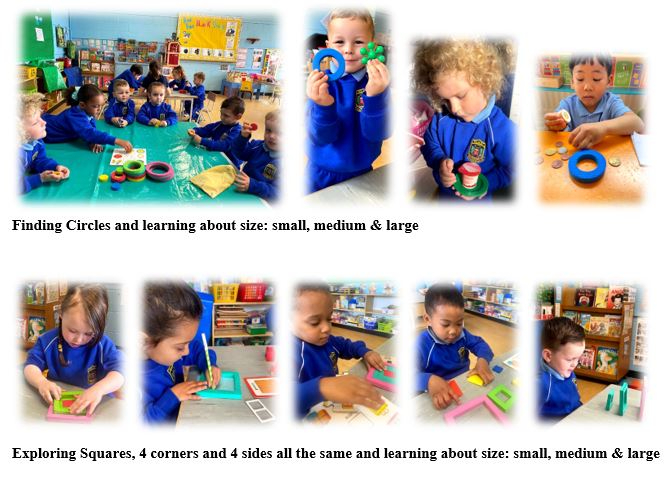
Benefits of Learning to Count
Learning to recognize numbers and their correct sequence is important. By counting in sequence: 1-10 using a pointing finger, children develop the meaning of counting with one-to-one correspondence. Knowing numbers are used to count objects is an important concept to grasp before developing the ability to instantly see how many objects are in a group. This ability comes before developing addition skills.
Benefits of Colour Recognition
Colour recognition is an important step in cognitive development. Children learn to tell the difference between colours before learning to name them. It links to mathematics as it is used to categorise, sort, compare and organise objects. Colour plays a part in object recognition and also helps a child develop descriptive language skills as a tool for clearer communication. Children learn about light and dark shades and also how to make new colours mixing different paints. Skin tones are also mixed by the children.
Benefits of Threading
- Develops fine motor skills
- Develops eye-hand co-ordination and concentration skills
- Extends language skills and math vocabulary
- Develops the ability to count one-to-one
- Reinforces colour recognition
Benefits of Sorting
- Exercises fine motor skills
- Sorting objects, matching shapes and colours helps to build visual perception
- Develops thinking skills of self-correcting and problem-solving
- Reinforces memory skills through categorizing and classifying objects
- Concept of size - small, medium and large
Benefits of Peg Boards
- Sorting colours into rows of pegs using pincer grip strengthens fine motor skills
- Provides opportunities to explore counting beginning to add naturally
- Helps to build a sense of Mastery and Achievement
- Develops ability to make predictions understanding what comes next
- Helps children to make logical connections and use reasoning skills
- Develops visual tracking and pattern recognition for sequencing
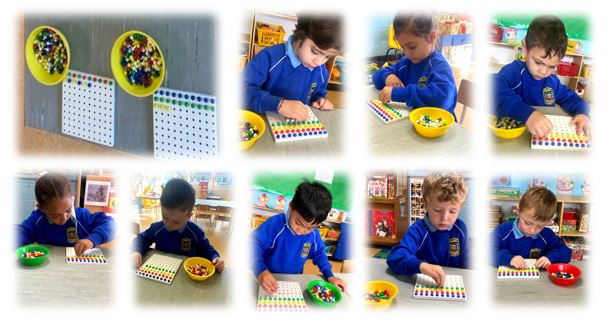
Benefits of Jigsaws
- Develops fine motor skills and finger strength
- Develops hand-eye co-ordination
- Matching pieces improves spatial awareness
- Jigsaws improve memory, concentration and awareness of shapes and colour
- Helps children acquire new knowledge and vocabulary through conversation
- Jigsaws increase mental speed with regular use
- Builds confidence and determination seeing persistence pay off
- Encourage independent learning and decision making
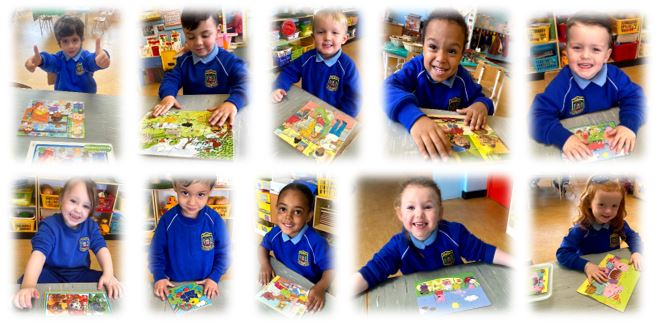
Benefits of board games
Board games help children develop logic and reasoning skills, improve critical thinking and boost spatial reasoning. They use fine motor skills to pick up and move pieces and to throw a dice, which are actions involving co-ordination and dexterity. Playing is fun and gives children opportunities to apply concepts they have learned: colours and number recognition, counting and shapes. Some board games require collaboration as well as turn taking and patience. Board games are not just about winning they teach children how to be a good looser.
Benefits of matching games
Matching is an important math skill that helps in classification of objects. Matching is identification of same or similar objects based on their common properties. Matching helps to improve a number of cognitive abilities like visual memory, short term memory, and pattern recognition.
